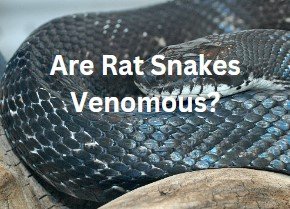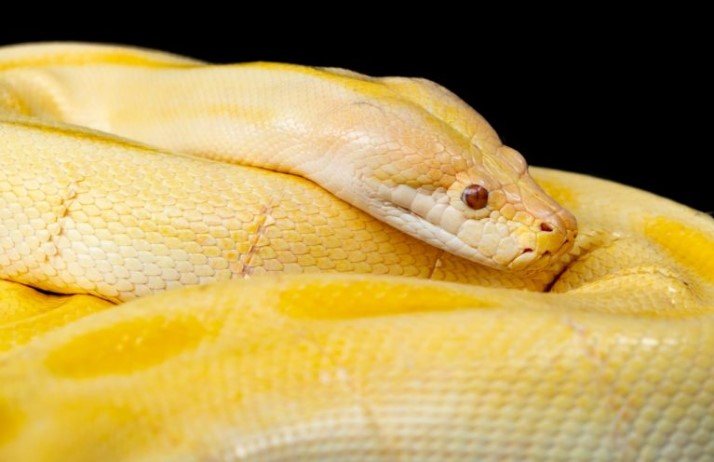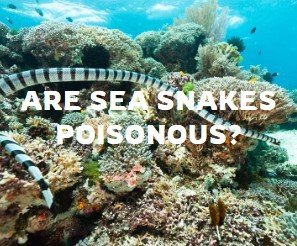Unveiling the Facts: Are Rat Snakes Poisonous?
Introduction:
Rat snakes (genus Pantherophis) are a diverse group of colubrid snakes known for their adaptability and widespread distribution. This detailed exploration aims to clarify the misconception surrounding the venomous nature of rat snakes, providing insights into their characteristics and dispelling common myths.

1. Non-Venomous Classification:
Rat snakes are unequivocally classified as non-venomous. They lack specialized venom glands and fangs for delivering toxins, relying on other means to subdue and consume their prey.
2. Constrictor Behavior:
Similar to other non-venomous snakes, rat snakes employ constriction as their primary predatory strategy. After capturing prey with a swift strike, they coil around it, tightening their grip to induce suffocation.
3. Mild Temperament:
Rat snakes are generally docile and have a mild temperament, making them suitable for captivity. While they may bite when threatened, their bites are harmless to humans, causing minimal pain and no venomous effects.
4. Mimicry and Camouflage:
Some rat snake species exhibit mimicry and camouflage, resembling venomous snakes such as copperheads or rattlesnakes. This mimicry serves as a form of protection, deterring potential predators that associate their appearance with venomous species.
5. Variety of Species:
The Pantherophis genus includes various rat snake species, each with unique color patterns, sizes, and behaviors. Common species include the Eastern rat snake, Texas rat snake, and Black rat snake.
6. Role in Rodent Control:
In the wild, rat snakes play a crucial role in controlling rodent populations. Their diet primarily consists of small mammals, making them valuable contributors to maintaining ecological balance.
7. Adaptability and Distribution:
Rat snakes showcase remarkable adaptability and are found in a variety of habitats, from forests and grasslands to urban areas. Their ability to thrive in diverse environments contributes to their widespread distribution.
8. Benefits in Captivity:
Rat snakes are popular among reptile enthusiasts for their manageable size, vibrant patterns, and ease of care. Their non-venomous nature and generally calm demeanor make them suitable for captivity, where they are often kept as pets.
9. Educational Significance:
Understanding the non-venomous nature of rat snakes is crucial for dispelling fears and fostering responsible pet ownership. Education about these fascinating reptiles promotes appreciation for their ecological roles and diverse characteristics.
Conclusion:
In conclusion, rat snakes are not poisonous, but rather beneficial contributors to ecosystems and valued members of the reptile community. Recognizing their non-venomous status enhances our understanding and appreciation for these adaptable and captivating serpents.
Learn more about Snakes.





Leave a Reply